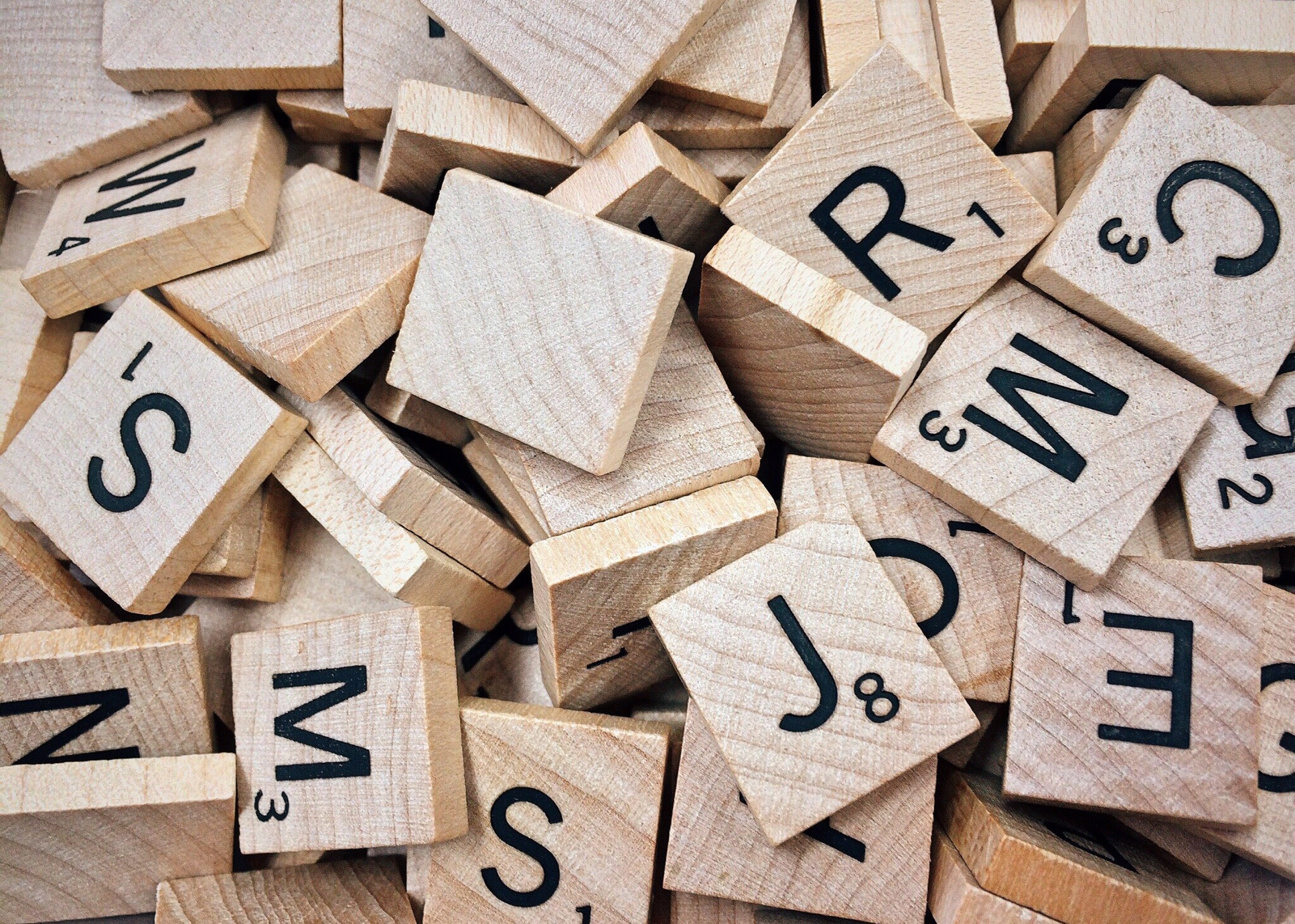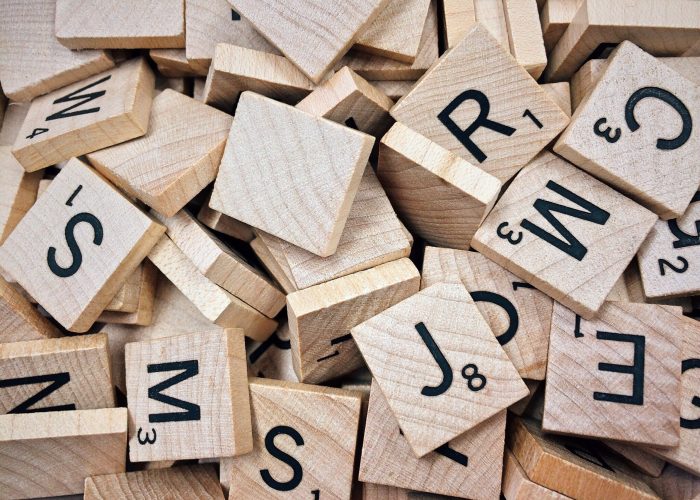Words’ meanings shift over time. This doesn’t happen because a high priest of English decide that it’s time for a change. It happens because the way people use words is always evolving. Once enough people have begun using a word to mean a certain thing, the word, by definition, means that thing.
This post provides five pairs of words whose members are easy to mix up, as well as tips on when to use which word. It’s possible that some descriptivists would object to some of these distinctions, arguing that since people get them confused so often, there’s no sense in maintaining the distinction anymore.
However, some people still see these words as quite different from each other, and in some contexts, the distinctions are useful for conveying shades of meaning. Moreover, although norms may change in the future, for now, you will sound more professional if you differentiate between the members of these pairs, especially in formal situations. These guidelines will tell you how to do so in most situations.
1. Among/between
Traditionally, between is used for two people or objects, while among is used for three or more. According to this rule, these four sentences are correct.
Between you and me, I’m not sure it’s a good idea.
The teddy bear was wedged between the bed and the wall.
If you have to choose among chocolate, vanilla, and cherry, you should try cherry.
Among the many trees of the forest, there was an ocelot.
The following sentences, however, break this rule and thus could be considered incorrect.
Among you and me, I’m not sure it’s a good idea.
The teddy bear was wedged among the bed and the wall.
If you have to choose between chocolate, vanilla, and cherry, you should try cherry.
Between the many trees of the forest, there was an ocelot.
2. May/might
As verbs, may and might have very similar meanings – to the extent that in everyday speech, they’re essentially interchangeable. However, sticklers still argue for distinguishing them in a few situations. These are two of the big ones.
a. Some people say that might is essentially the past tense of may. This is feeling is disappearing. However, because a fair number of people would think that sentences like the following one would sound strange with may, in formal situations it’s a good idea to follow this rule.
Bart thought that he might be stuck at work until seven, but the meeting actually ended at five.
b. Use might when discussing a more far-fetched hypothetical scenario. This sounds right in standard English:
If I were a dragon, I might use my fire-breathing abilities to roast marshmallows.
This doesn’t:
If I were a dragon, I may use my fire-breathing abilities to roast marshmallows.
When discussing a more realistic hypothetical, it’s okay to say may.
I’m going to bring extra marshmallows because they may not have enough.
3. Loose/lose
Loose is generally an adjective that’s the opposite of tight, and it’s pronounced with an s sound at the end. Lose is a verb that means to misplace or the opposite of to win, and it’s pronounced with a z sound at the end.
If English is your mother tongue, you’re unlikely to mix up these two words in speech. However, the illogical relationships of their pronunciations to their spellings may make it hard for you to keep them straight in writing. If you need a mnemonic device to help you out, remember this: to spell lose, you need to lose the extra o.
4. Further/farther
Both of these words mean something like “more far.” In the U.S., some careful writers use further when writing about the metaphorical and farther when writing about the physical. The following sentences follow this protocol.
They ran out of time today but promised that next week they would discuss the changes further.
The restaurant is farther from the zoo than it is from the aquarium.
Unlike farther, further can also mean “additional” or “additionally” and can even function as a verb meaning “to continue or advance.”
I have no further comments at this time.
Siobhan said that she didn’t want to walk the dog, and she further argued that the dog didn’t even want to go for a walk.
To further your understanding of ecology, watch this documentary.
To an educated American audience, it would sound strange if you tried to replace further with farther in these sentences.
5. Lay/lie
Here’s the tricky one. Setting aside that lie can also mean “to tell an untruth,” to lie is what someone or something does, as in the following sentences:
- A baby lies in the playpen.
- The teddy bear lies on the floor.
- To lay something is to cause it to lie, as in the following sentence:
Make sure you lay the utensils in their proper places.
If it helps you, you can keep in mind that lay is a transitive verb and takes a direct object while lie is intransitive and therefore does not take an object, but otherwise, just think about the sentences above.
Now for the hard part: the past tense of lie is, confusingly, lay, and its past participle is lain (although this is used primarily in formal contexts these days). So, these five sentences describe the same action:
- A person lies on the couch.
- The person is lying on the couch.
- A person lay on the couch. [Past tense]
- The person was lying on the couch.
- A person has lain on the bed.
The past tense and past participle of lay are both laid. So, the following five sentences demonstrate how to conjugate lay.
- The person lays out the food.
- A person is laying out the food.
- The person laid on the couch.
- The person was laying on the couch.
- A person has laid out the food.
Especially in formal contexts, keeping these guidelines in mind will help you cultivate an educated and professional image.


